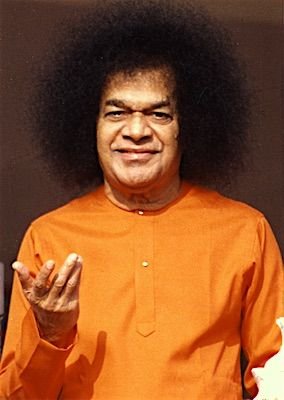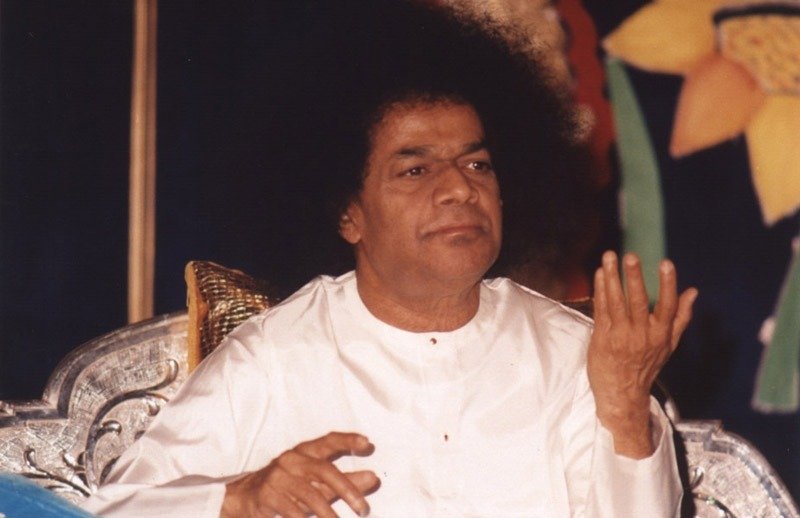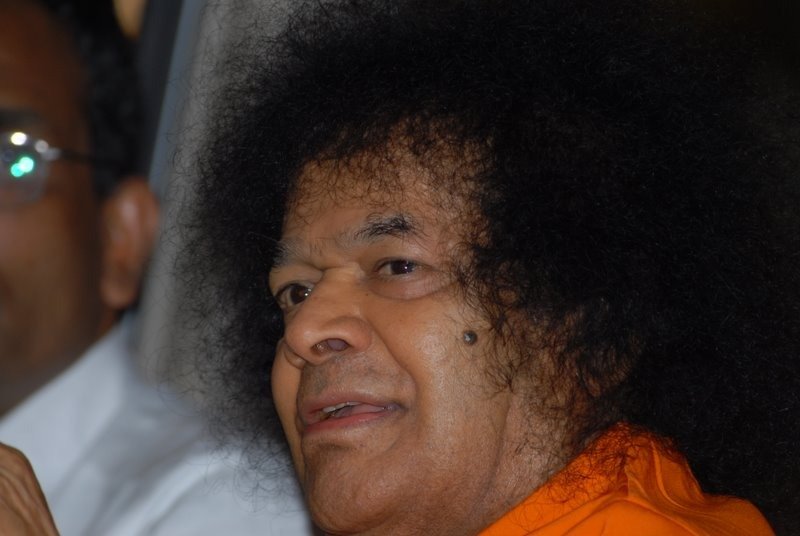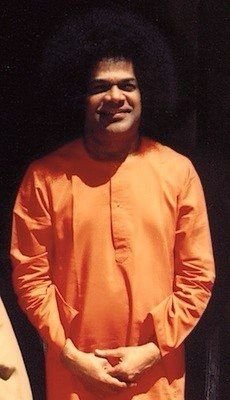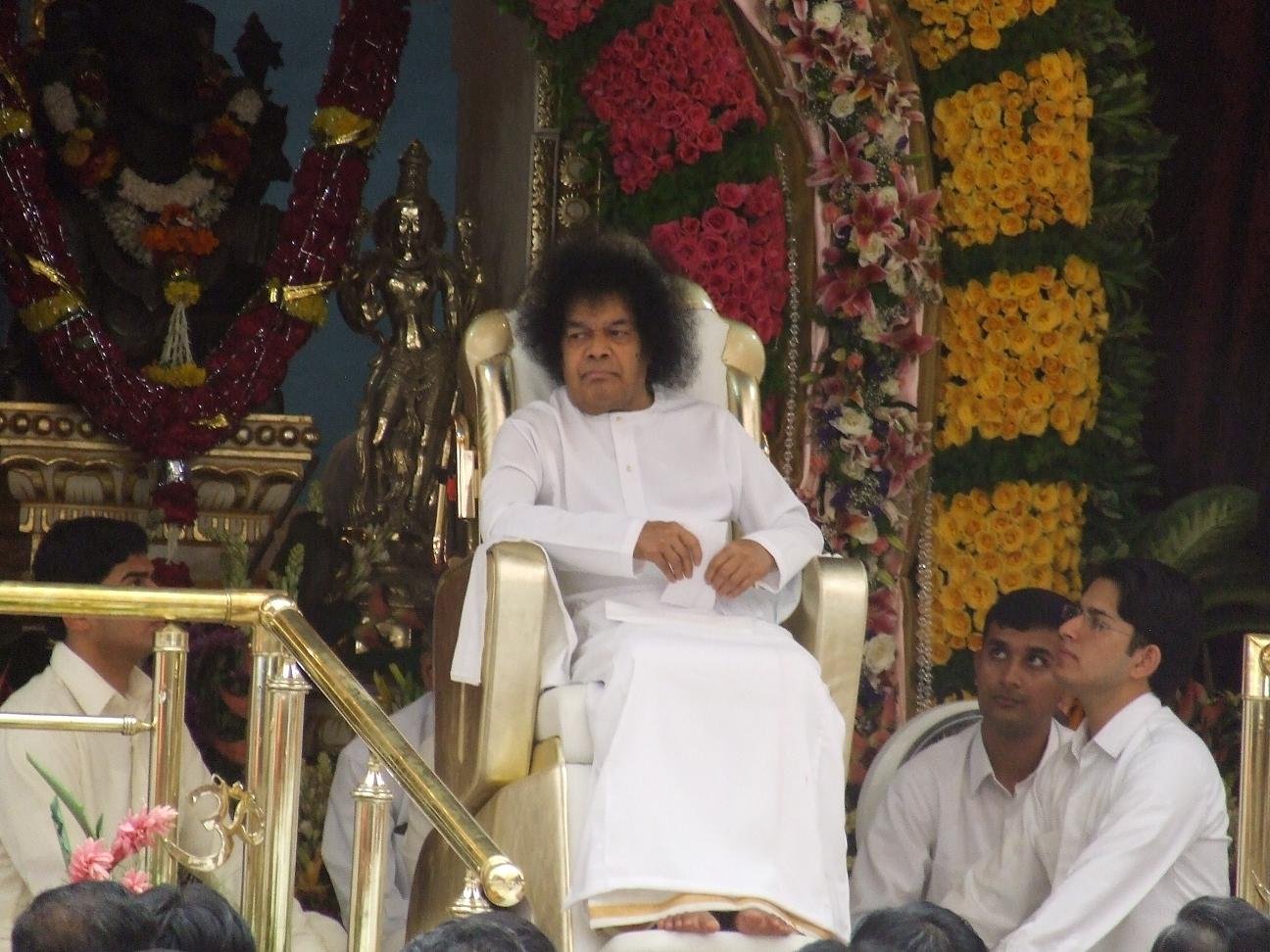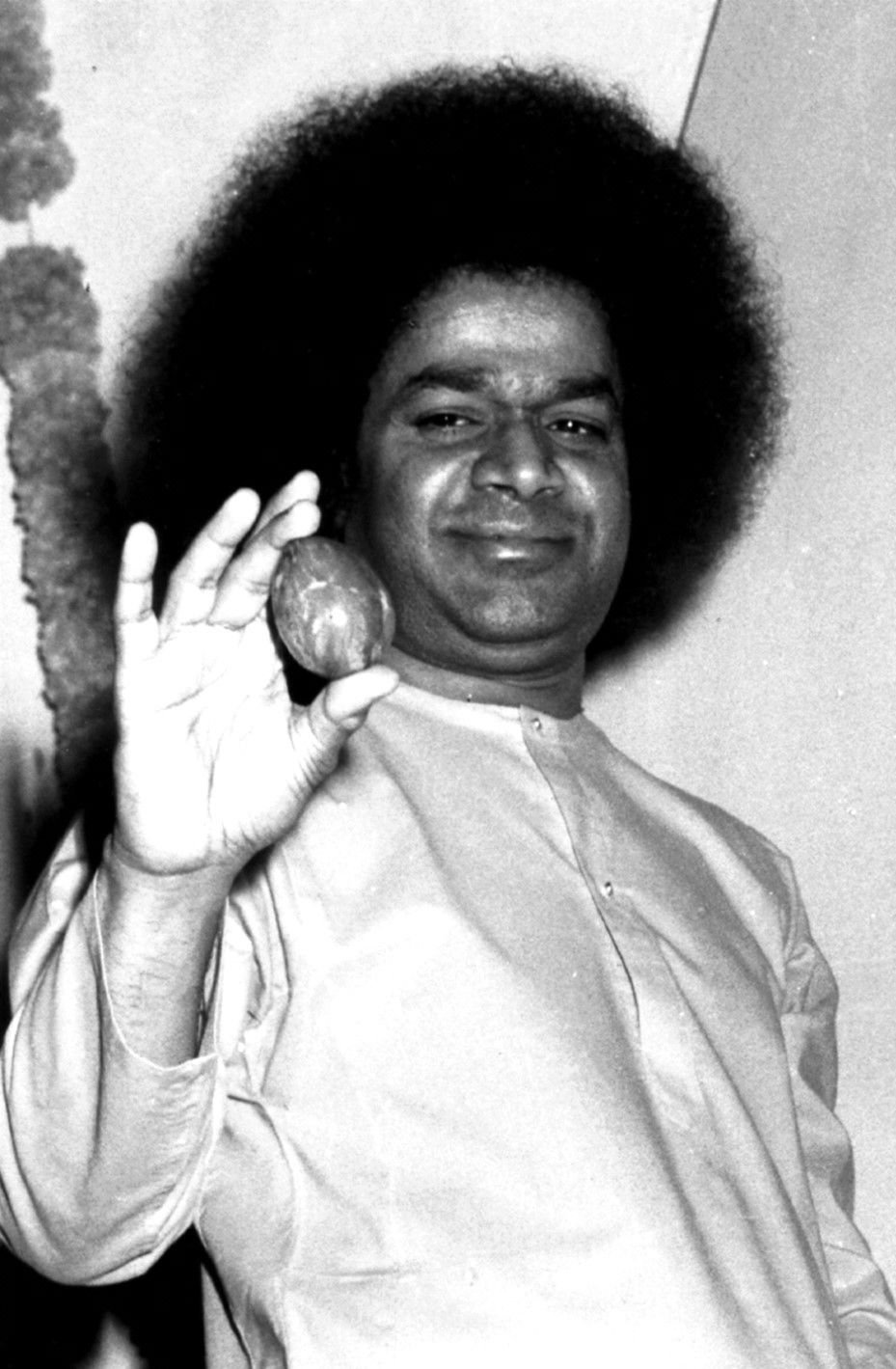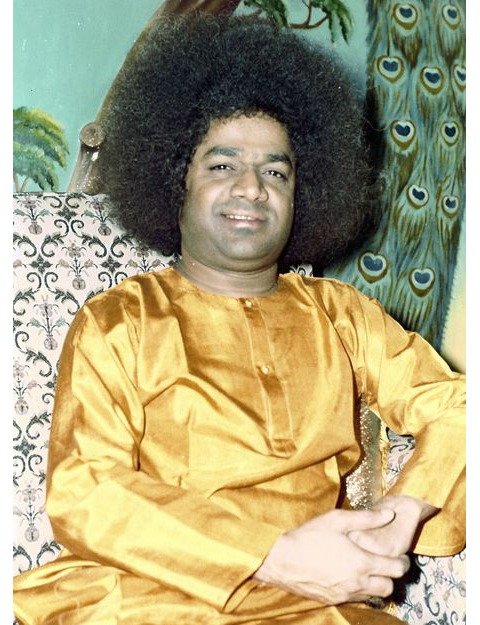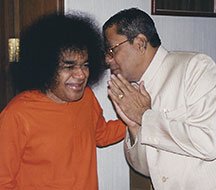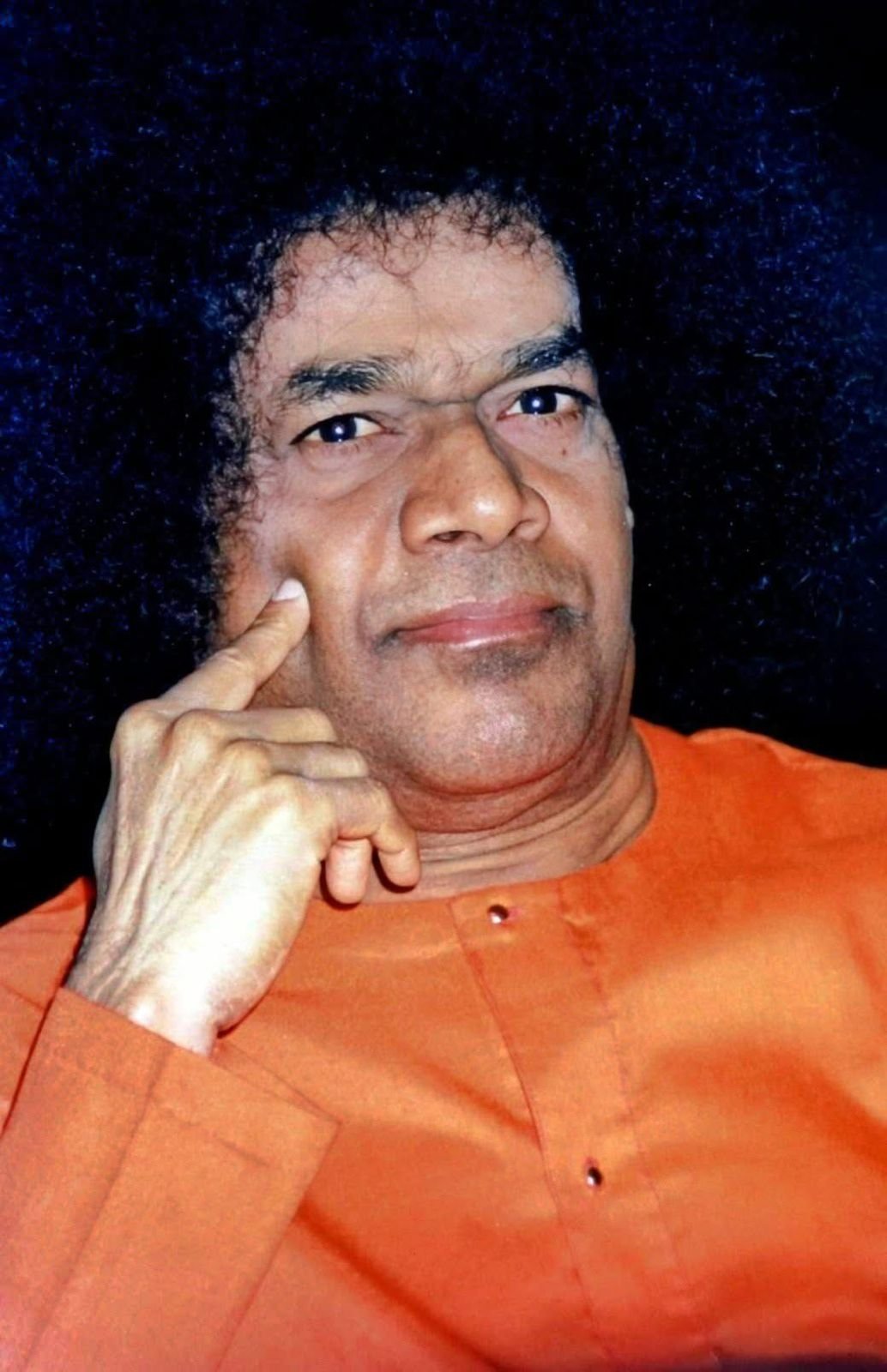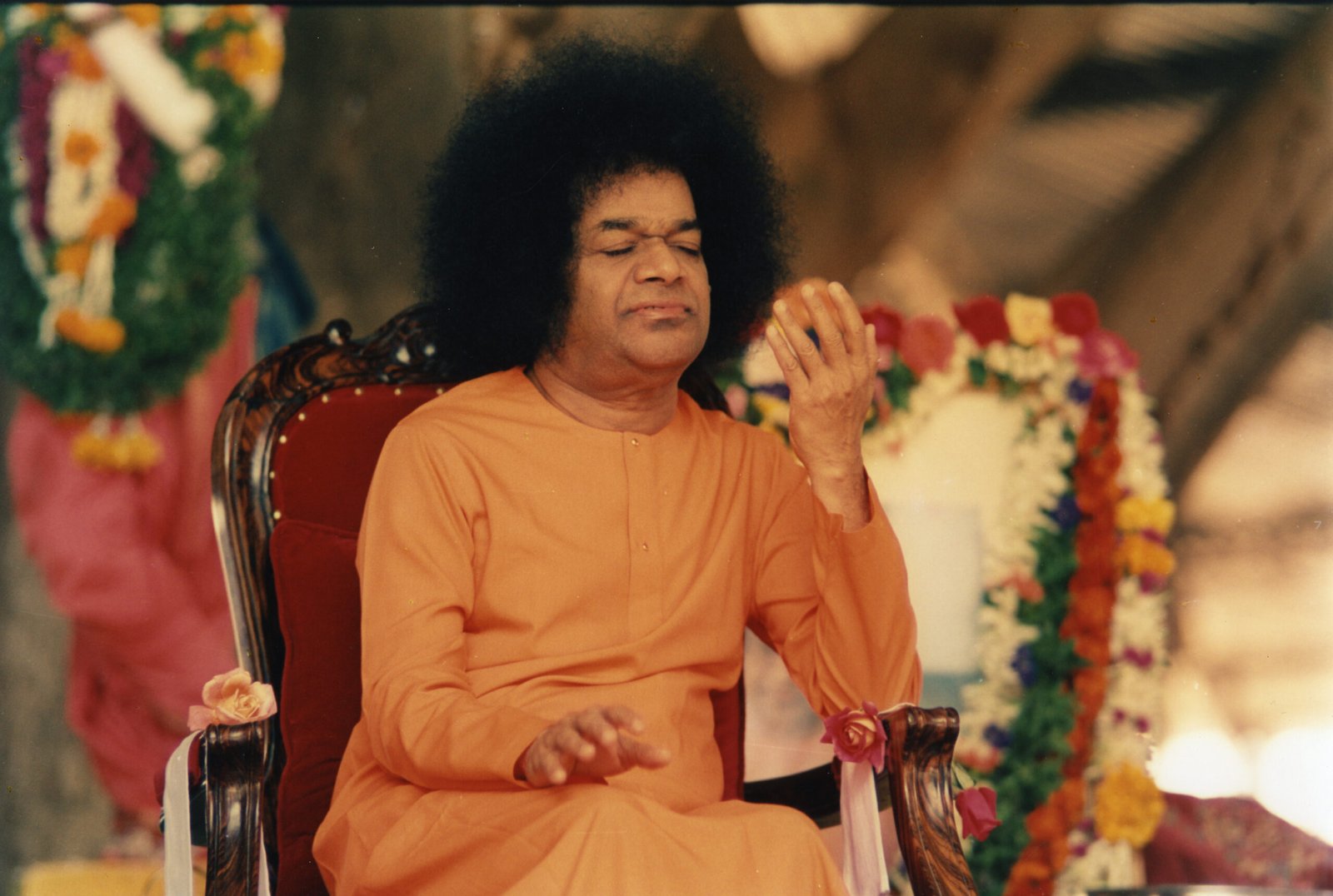Volume Thirty seven (2004)

Sathya Sai Speaks – Volume 37 (2004) gathers a series of discourses by Bhagawan Sri Sathya Sai Baba delivered in that year, offering guidance on spiritual living, personal transformation, social responsibility, and the cultivation of virtues in one’s daily life. One of the key messages in this volume is that service to man is service to God, reminding devotees that divinity is manifested not in grand rituals but in humble acts of kindness toward others. The discourses also emphasized respect for elders, considering “Respect for Parents – The Greatest Virtue” as central, and urged people, especially younger listeners, to cultivate gratitude, obedience, and humility in regard to parents and elders. Another discourse, “Service to Man is Service to God”, underscores that serving others selflessly is an effective form of spirituality—it purifies the heart, lessens one’s ego, and builds compassion.
A strong sense of national pride and duty is evident in talks like “Uphold the Dignity And Honour Of Bharat Matha” (Mother India) in which Baba encourages people to uphold moral and cultural values in public life, and to see personal virtue as a contribution to the welfare of the nation. The Dasara‑festival discourse “Divine Discourse” (23 October 2004), also in this volume, highlights the victory of virtue over vice, and exhorts listeners to strive for self‑control of mind and senses, recognizing that inner purity is the foundation for peace.
Volume 37 also contains discourses on identity and self‑knowledge, such as “Who Are You? I Am I”, probing the nature of the Self beyond name, form, or condition, and reminding the audience that the highest truth resides within. A recurring theme is the power of cultivating good habits, ethical integrity, and steady practice—whether in speech, thought, or action—as the means to command respect in society and to develop inner strength. The discourses are aimed at encouraging people not just to learn and hear spiritual truths, but to live them: to align outer behavior with inner conviction. Baba also addresses the cultivation of national character, sense of responsibility, and unity, pointing out that nation building begins when each individual adheres to truth, love, charity, and self‑discipline.
In sum, Volume 37 functions both as a spiritual manual and motivational call: a reminder that true power lies not in wealth or position but in virtue, humility, and unselfish service; that real progress is measured by one’s growth in love, truth, and self‑realisation; and that spirituality without action is incomplete. Devotees regard this volume as a source of inspiration to develop character, serve sincerely, and lead a life anchored in divine principles.


